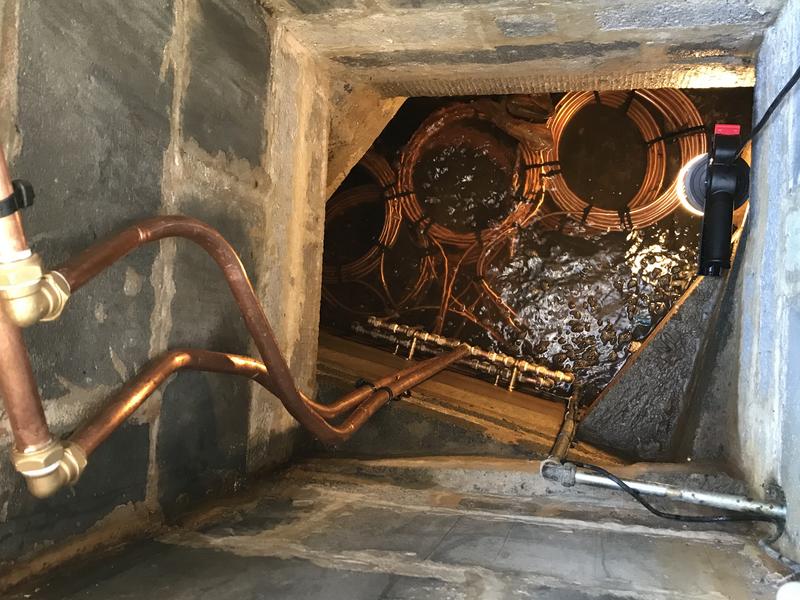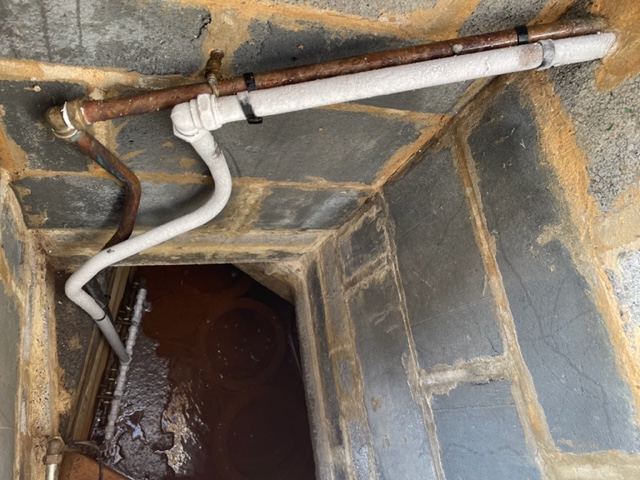Well well well! Who would have thought it?Scientists in Edinburgh have developed a home heating system that draws its energy from the world’s most abundant resource: water.
The equipment can use sea water, rivers, ponds and even mine water to heat radiators and water for baths and showers, using the same technology as in air source heat pumps.
It is being trialled by Edinburgh University in an affordable housing project close to the Firth of Forth near the Forth Bridge, at a gold-mining museum in south-west Scotland and in a commercial greenhouse in Fife.
Another system is due to be installed this summer at the Scottish Seabird Centre in North Berwick, also drawing its energy from the Firth of Forth. All of the systems use water from the sea or nearby rivers.
I suspect they have misreported what they have been told (or something got edited out) with "The warmth of the sea or river water is captured by glycol, the liquid used in anti-freeze, which is then compressed in the heat pump. That compression makes it hot enough to heat water for radiators or baths" but it's not bad overall!
p.s.
I have now found https://www.sea-warm.co.uk/product/ which says they use a plastic heat exchanger in a primary circuit which is where I guess the glycol is.

